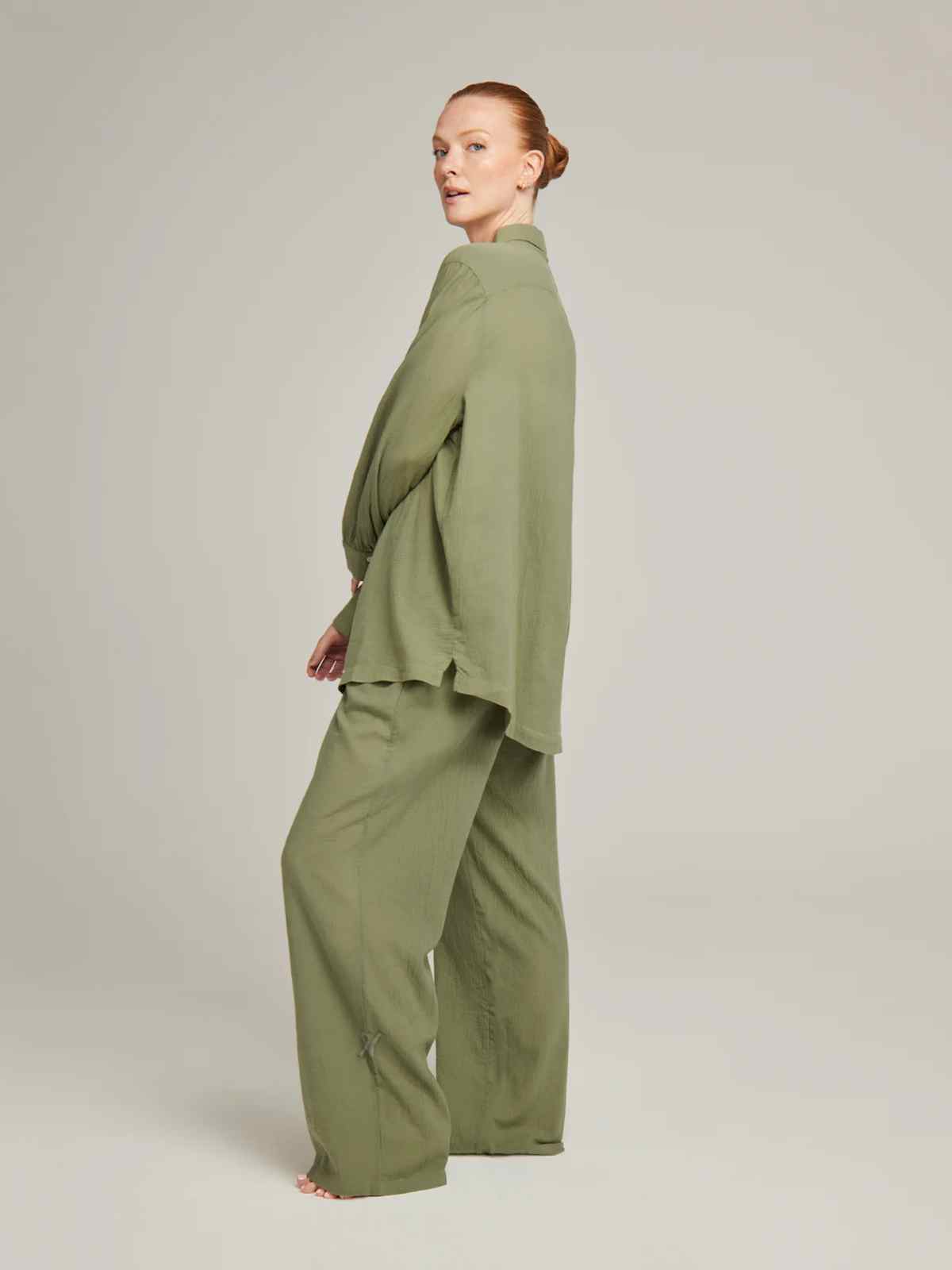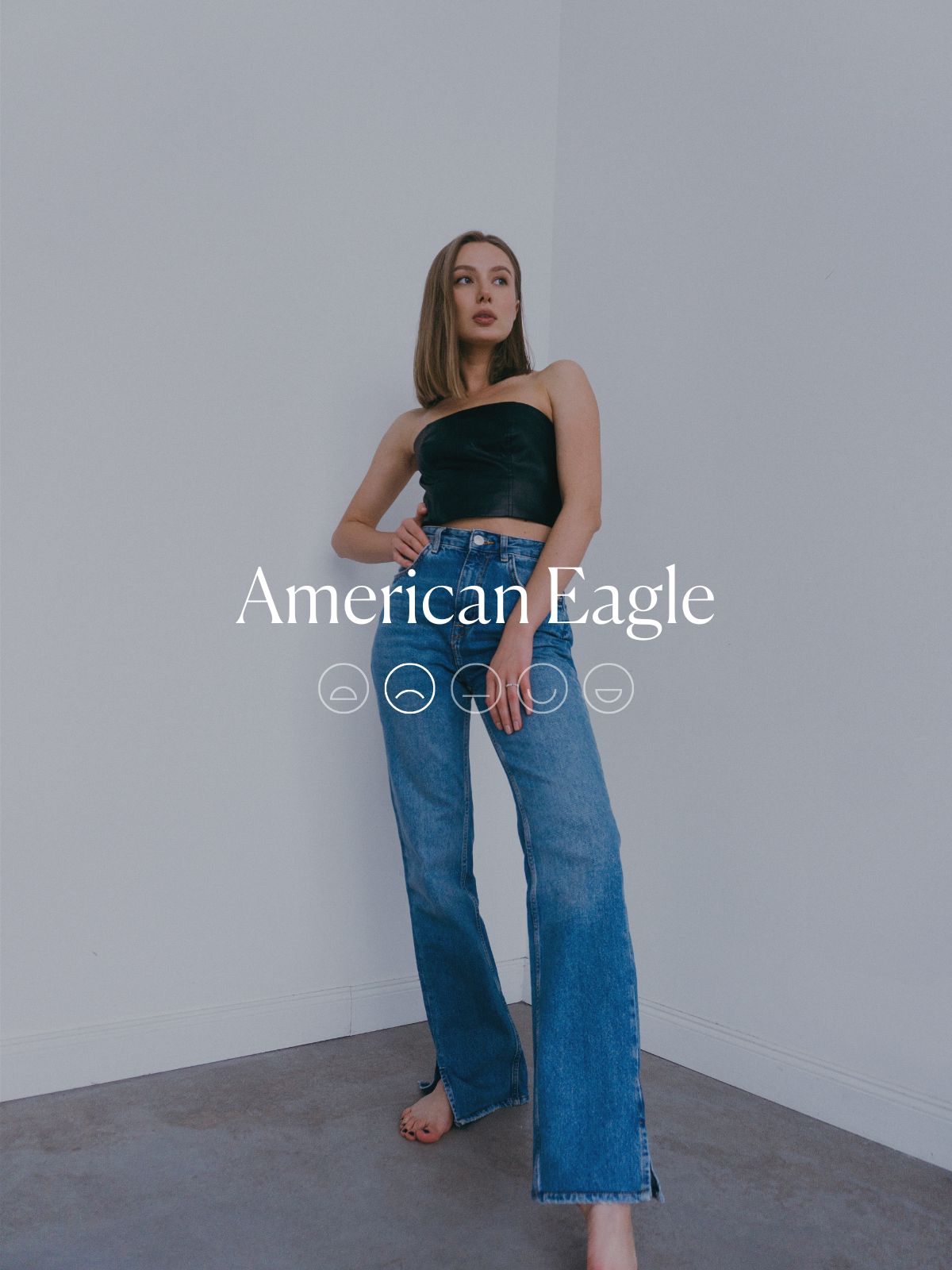Our editors curate highly rated brands that are first assessed by our rigorous ratings system. Buying through our links may earn us a commission—supporting the work we do. Learn more.
Anthropologie may be popular with the “creative, worldly woman”, but when it comes to ethics and sustainability, it is “Not Good Enough” across the board. This article is based on the Anthropologie rating published in September 2022.
Trendy? Yes. Responsible? Not quite
Like its sister-brand Free People, Anthropologie is known for its free-spirited, adventure-inspired, elegant collections. The American brand—first opened in 1992 in Pennsylvania—now operates over 200 stores worldwide, selling a diverse range of womenswear, accessories, and furniture.
Anthropologie defines itself as “a portal of discovery—a brush with what could be. A place for [women] to lose—and find—[themselves]”. But in its search for adventure, has Anthropologie forgotten about its impact on people, the planet, and animals? Let’s find out how ethical Anthropologie really is.
Environmental impact
Anthropologie’s environment rating is “Not Good Enough”. It uses few eco-friendly materials. It uses some renewable energy in its direct operations to reduce its climate impact but not its supply chain. There is no evidence it has taken meaningful action to reduce or eliminate hazardous chemicals, nor that it implements water reduction initiatives.
This lack of care for the planet is disappointing from brands that clearly have the resources to do better.
Labour conditions
We also rate Anthropologie “Not Good Enough” on the labour front. Some of its supply chain is certified by Sedex Members Ethical Trade Audit – SMETA Best Practice Guidance and Business Social Compliance Initiative Code of Conduct – BSCI, but it only received a score of 11-20% in the Fashion Transparency Index. There is no evidence the brand implements practices to support diversity and inclusion in its supply chain, nor does it disclose any policies or safeguards to protect suppliers and workers in its supply chain from the impacts of COVID-19. Most importantly, there is no evidence it ensures payment of a living wage.
Sadly, the women and other workers behind the scenes don’t seem to be a priority for Anthropologie, flowery marketing aside.
Animal welfare
Anthropologie doesn’t use fur, down, exotic animal skin, or angora, which is a plus. But it still uses leather, wool, and exotic animal hair, and while it has a general statement about minimising animal suffering, there’s no sign of a formal animal welfare policy, which is why its animal rating is also “Not Good Enough”.
If brands insist on using animal-derived fabrics in their products, the least they can do is source from certified factories that consider animal welfare in their practices. Better yet, ditch the animal products altogether.
Overall rating: Not Good Enough
Overall, we’ve rated Anthropologie “Not Good Enough” due to a lack of practices aimed at reducing its environmental impact, and there being no evidence of ensuring the payment of a living wage. Note that Good On You ratings consider 100s of issues and it is not possible to list every relevant issue in a summary of the brand’s performance. For more information see our How We Rate page and our FAQs.
To get a better rating, Anthropologie needs to use more eco-friendly materials and implement solutions to reduce its climate impact, minimise textile waste, and avoid hazardous chemicals. The brand also needs to improve its labour conditions, especially by making sure workers in its supply chain are paid a living wage.
Good swaps
We also like adventure and consider ourselves a “portal of discovery”, so read on to discover some “Good” and “Great” more ethical alternatives to Anthropologie.


























